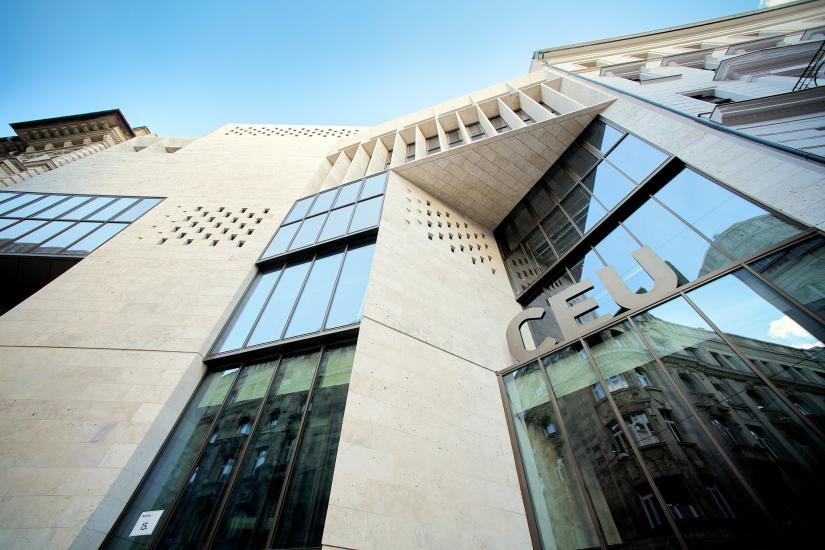
You are cordially invited to a public lecture by the
Department of Environmental Sciences and Policy on:
Marketing Mega-Projects through Discourse,
Framing and Rhetoric
By
Itay Fishhendler
Department of Geography
The Hebrew University of Jerusalem
4 October (Wednesday), 2017 at 3:30-4:30 p.m.
Budapest, Nádor utca 13.
Room N13 416
Abstract: Investments in infrastructure such as power plants, desalination plants and transportation are growing rapidly. Such investments are often made in the name of regional development, job creation, modernity, sustainability and national security. The academic community has recently recognized that a hidden and deep layer of political contestation underlies the planning and construction of infrastructures. Scholars from human geography, urban studies, science and technology studies and the history of technology – to name the most prominent fields – are today unpacking the politics of infrastructure, revealing power struggles between stakeholders, competing visions of infrastructure futures and efforts to keep technology depoliticized. The aim of my talk is to demonstrate how is the need for infrastructure discursively framed for the public and decision makers (using, for example, emotions, security considerations and urgency discourse)? What political rationalities are employed to justify infrastructure innovations and what impact do they have on the (un-)acceptability of contentious infrastructure? During my talk I will be using examples from the water, transportation and energy realms in order to address these questions.
Presenter: Itay’s research interests focus on environmental conflict resolution, natural resources governance, and decision-making under conditions of political and environmental uncertainties. Itay is a leading scholar on transboundary water institutions and Middle Eastern water policy, and has published over than 40 articles in leading public policy, conflict resolution, peace studies, geography, ecological economics, and environmental journals. Itay is now engaged in research related to the politics of energy infrastructure and energy diplomacy, including energy sanctions. Many of Itay’s studies take a critical approach, often by the use of discourse analysis and content analysis, of planning and building protocols of national infrastructure, such as energy and water.